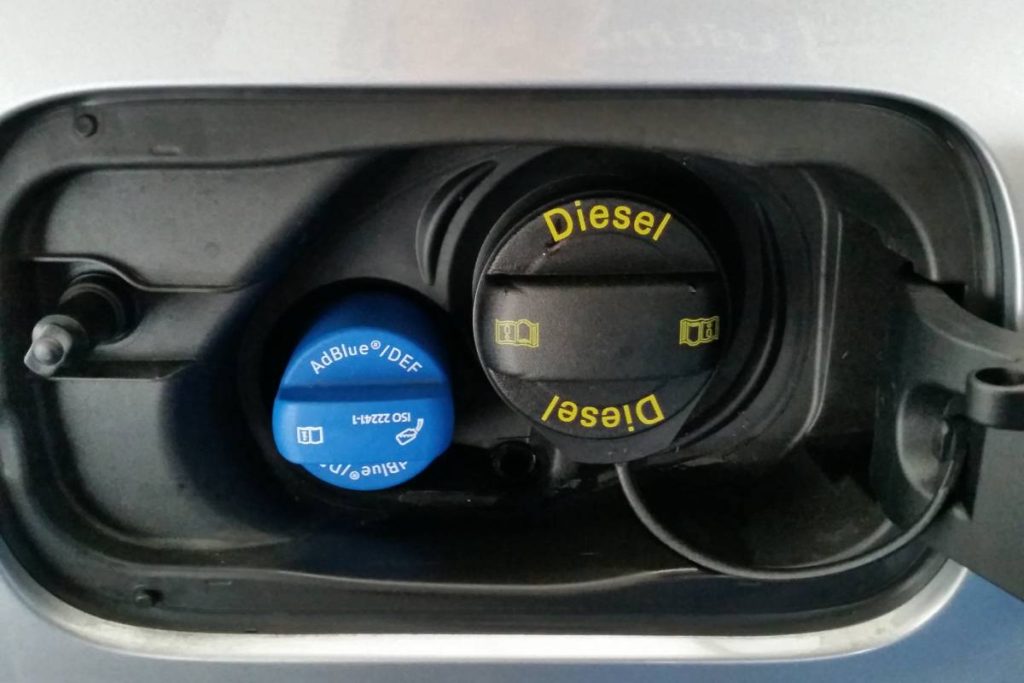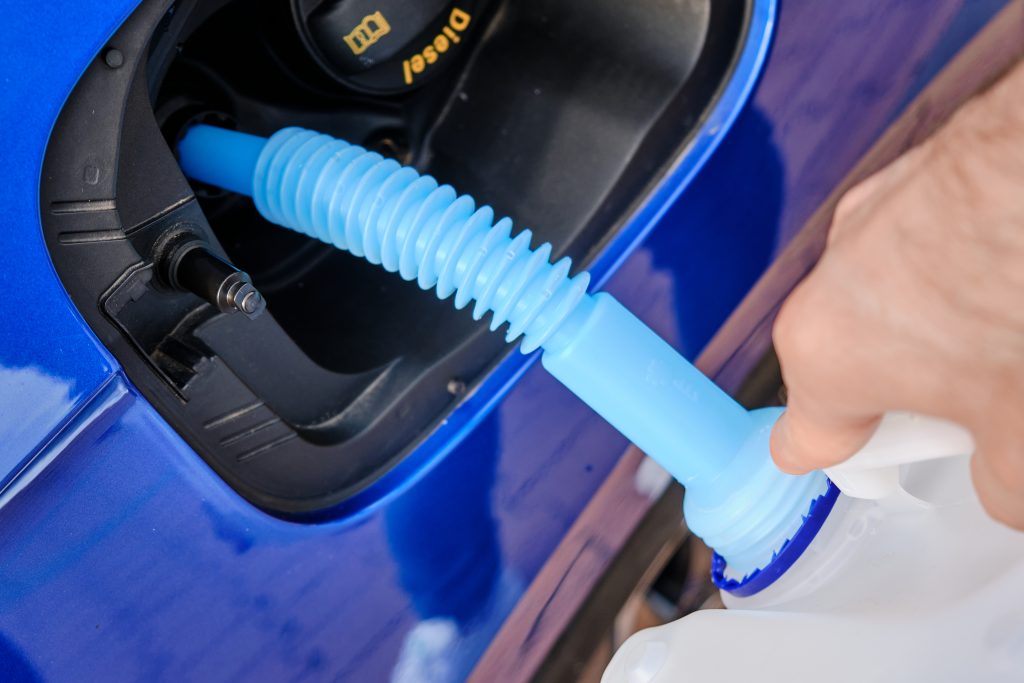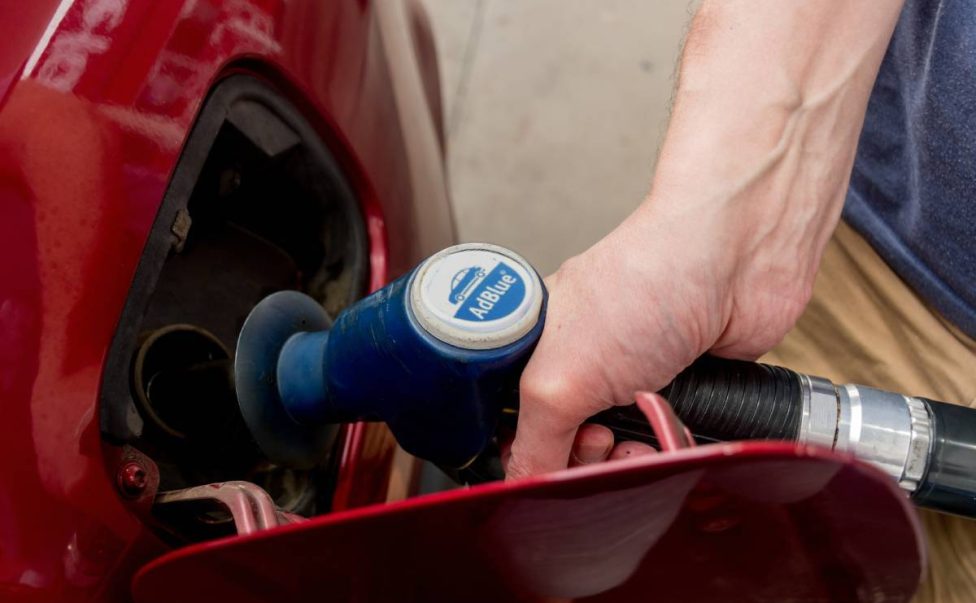What is the purpose of AdBlue? What vehicles need Adblue? Can I still drive without AdBlue?
Today, environmental consciousness is becoming more important than ever. As responsible and eco-conscious citizens, we’re all looking for ways in which we can minimise our carbon footprint and environmental impact. This extends beyond the home and into the transportation industry, where diesel engines have long been the workhorse for heavy-duty haulage and large vehicles.
And while diesel engines do indeed offer undeniable power and reliability, they also generate seriously harmful nitrogen oxide (NOx) emissions.
But it’s not all doom and gloom guys! Fortunately, there are new and innovative technologies that exist, designed to address these exact concerns.
In this blog post, we’re going to tell you everything you need to know about: AdBlue, a world-class solution that is playing a crucial role in reducing emissions from modern diesel vehicles and contributing to a cleaner, greener tomorrow.
Let’s get stuck in!
What is AdBlue?
First things first, what is AdBlue and why is it so important?
AdBlue is a colourless, odourless liquid made from a 32.5% solution of high-purity urea and deionized water.
It’s not a fuel additive, but rather a separate solution used in conjunction with Selective Catalytic Reduction (SCR) systems in diesel vehicles.
Confused? Don’t worry! Read on and we’ll address its function and benefits so you can make an informed decision as to whether AdBlue is something you can utilise for your vehicle…

What is the purpose of AdBlue?
SCR systems are designed to significantly reduce NOx emissions from diesel engines. Here’s how it works:
- Injection: AdBlue is injected into the exhaust stream just upstream of the SCR catalyst.
- Chemical Reaction: The heat from the exhaust triggers a chemical reaction between the AdBlue and the NOx in the exhaust gas.
- Conversion: This reaction converts harmful NOx into harmless nitrogen gas and water vapour, which are both then released through the exhaust pipe.
The result? A cleaner, less harmful by-product from your diesel engine – perfect for those who are growing increasingly conscious about their impact on the environment.
What types of vehicles need AdBlue?
Now, what type of vehicles can benefit most from AdBlue?
AdBlue is mandatory for most modern diesel vehicles equipped with SCR systems. This typically applies to:
- Heavy-duty trucks: Large trucks manufactured after January 1st, 2010, typically require AdBlue.
- Commercial vehicles: Many vans and buses with modern diesel engines utilise SCR systems and require AdBlue.
- Passenger vehicles: While less common, some newer diesel passenger cars and 4x4s might also have SCR systems and require AdBlue.

Can I still drive without AdBlue?
Technically speaking, yes, you might be able to start and drive a vehicle that requires AdBlue for a short distance without it. However, it’s strongly discouraged for several noteworthy reasons:
- Reduced Engine Performance: Most vehicles with SCR systems are programmed to limit power or go into “limp mode” if the AdBlue level is low or depleted. This significantly reduces engine performance and driving safety. This alone should be enough to discourage drivers from neglecting their AdBlue consumption.
- Environmental Damage: Without AdBlue, the SCR system cannot function, and as such, your vehicle will emit harmful NOx pollutants, thus contributing to air pollution. Let’s all do our bit for the environment, shall we?
- Potential Damage: Running a vehicle with a depleted AdBlue tank for extended periods can damage the SCR system, thus leading to costly repairs.
So, to answer the question: “Can I still drive without AdBlue” the answer is a resounding no! It’s not worth the hassle.

What are the key advantages of using AdBlue?
Now let’s move on to the juicy details! How can AdBlue benefit you?
Using AdBlue in conjunction with SCR systems offers several significant advantages that should not be overlooked, including:
- Reduced Emissions: AdBlue effectively reduces harmful NOx emissions from diesel engines, thus contributing to cleaner air and a healthier environment. Nice!
- Compliance with Regulations: Many countries, including Australia, have strict emission regulations for diesel vehicles. Using AdBlue ensures your vehicle complies with these regulations and avoids potential fines. Save yourself the unnecessary headache and comply.
- Improved Fuel Efficiency: In some cases, using AdBlue can indeed lead to improved fuel efficiency for your diesel vehicles. This translates to cost savings on fuel in the long run – couple that with a lack of financial penalties and avoidable repairs and you’ll be saving a tidy sum.
- Enhanced Engine Performance: Modern diesel engines with SCR systems are designed to work optimally with AdBlue. Using AdBlue ensures your engine performs at its very best. It’s a no-brainer.
Final Thoughts
In conclusion, AdBlue plays a vital role in reducing emissions from modern diesel vehicles. By using AdBlue and maintaining your SCR system properly, you’re not just complying with Australian regulations – but you’re also actively contributing to a cleaner and healthier environment for everyone.
If you are keen to learn more, we highly recommend finding a reputable supplier of AdBlue, such as Ecoblue; they’re committed to providing high-quality AdBlue solutions and exceptional customer service – including a diverse range of AdBlue delivery options, technical support, and resources to ensure your fleet operates efficiently and minimises its environmental impact.We hope that this article has been insightful and that you now have a much better understanding of AdBlue and why it is so important in today’s modern world of logistics.


